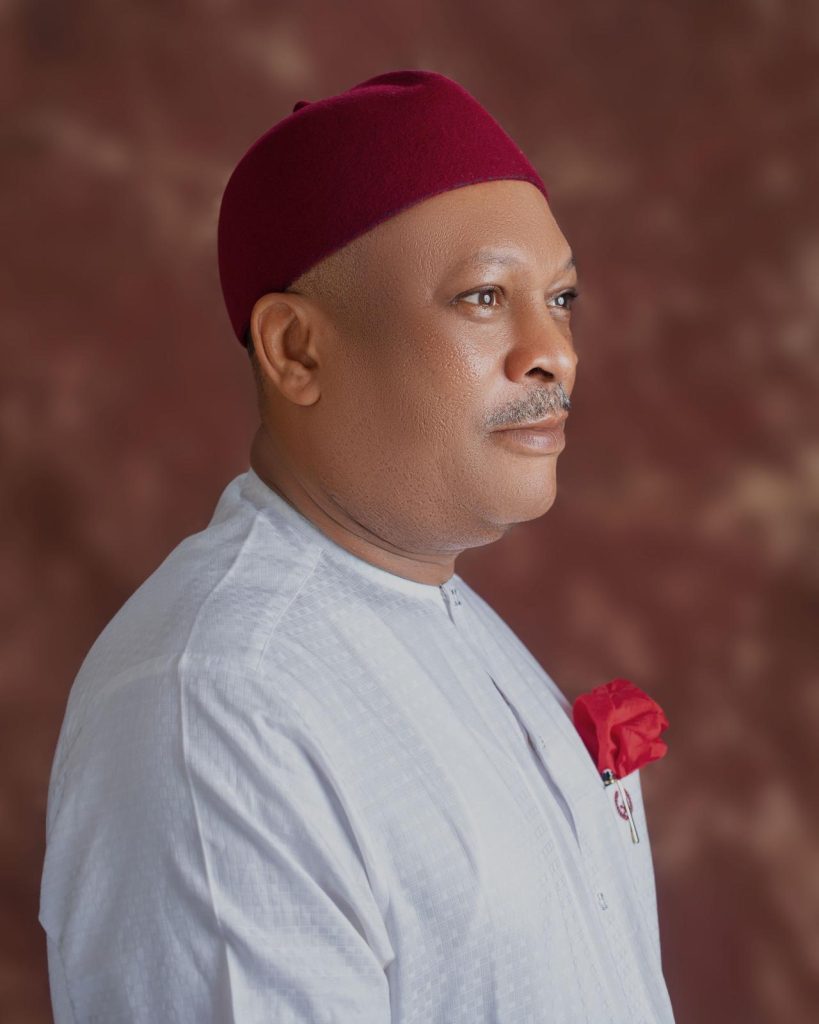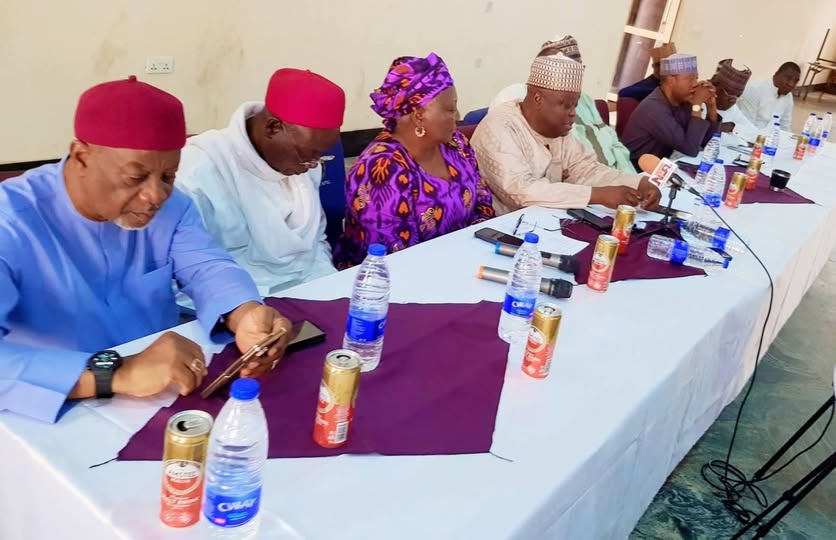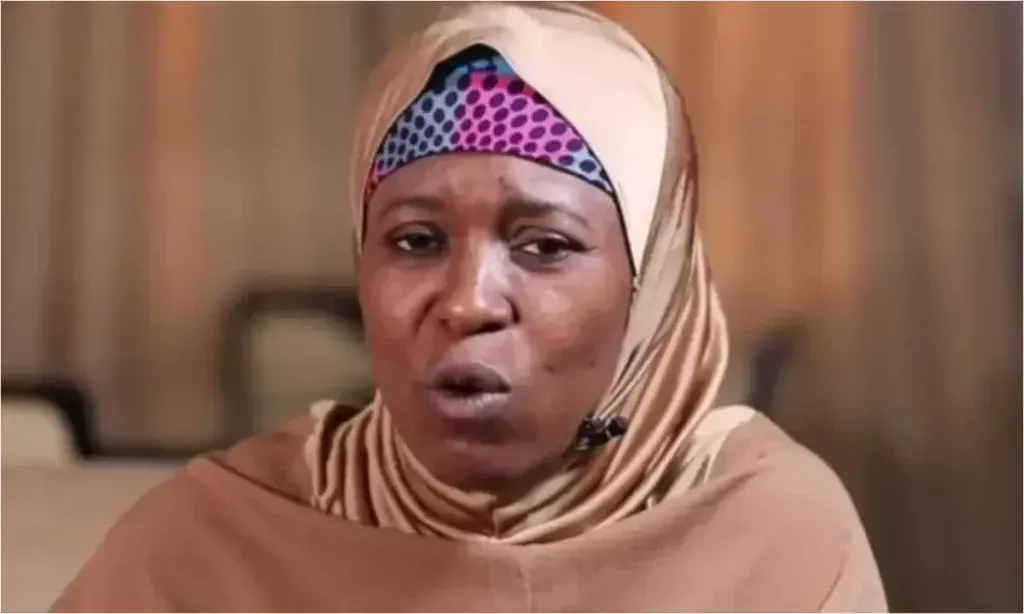Nigeria’s telecommunications sector has undergone significant reforms under President Bola Tinubu’s administration, which could potentially secure his re-election, according to Philip Agbese, deputy spokesperson of the House of Representatives. Speaking to journalists in Abuja, Agbese highlighted the transformation in the telecoms sector as a major achievement, citing improved connectivity, job creation, and economic growth.
The consolidation of the National Identification Number (NIN) and Subscriber Identity Module (SIM) linkage has been a notable step, with over 153 million SIMs harmonized with the NIN, according to the Nigerian Communications Commission (NCC). This development has strengthened national security and cleaned up the database of active mobile lines. Agbese described this as “one of the most far-reaching exercises in Nigeria’s digital history.”
The NCC has also reported a steady rise in broadband penetration since 2023, with improved access to high-speed internet changing the landscape of education, business, and civic engagement across the country. Agbese attributed this to the Tinubu administration’s efforts, stating that “connectivity is the new infrastructure” and that more people online means more economic activity, taxation base, and resilience.
The regulator has ensured that Nigerians are enjoying improved service delivery, with value for money and services that match the growing demands of a youthful population. The NCC has also emphasized corporate social responsibility, ensuring that telecoms investment leaves a wider impact beyond profits. The push towards 5G technology and careful management of spectrum licensing have further underlined the government’s determination to future-proof Nigeria’s digital economy.
Agbese praised the Tinubu administration for listening to industry concerns about over-taxation, recalling that proposed levies on telecom services were suspended on the president’s orders. This fiscal reprieve has kept services affordable and allowed the sector to maintain momentum despite foreign exchange pressures and a challenging macroeconomic climate.
While challenges remain, particularly in extending reliable services to rural communities and ensuring that tariff adjustments do not widen the digital divide, Agbese urged private operators to deepen investment and regulators to maintain policy stability. The telecoms sector offers a powerful narrative of delivery that the administration can proudly take to the Nigerian people, with tangible results visible in schools, markets, and farms.



